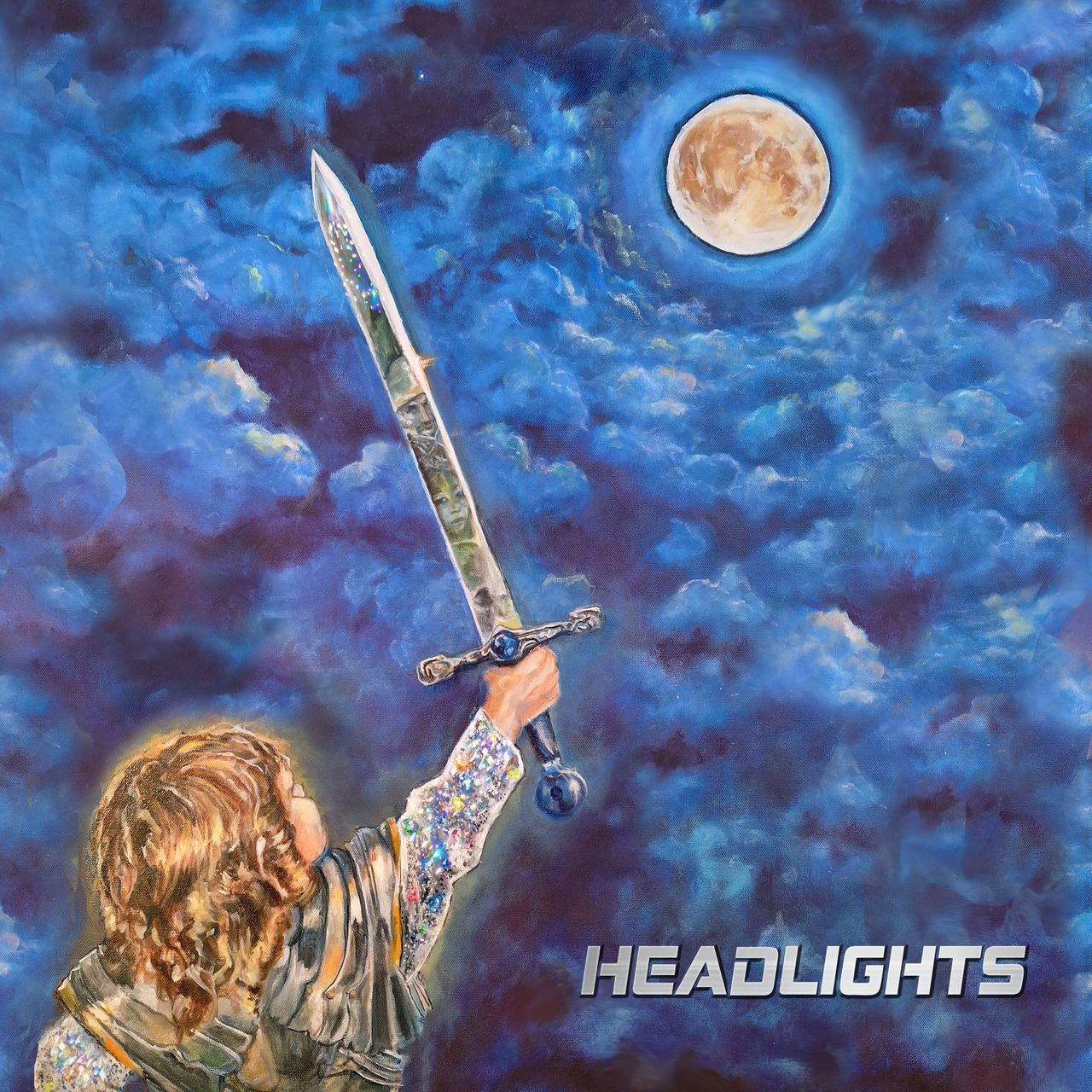It takes Alex G four songs to get there, but “Beam Me Up” acknowledges Headlights as his first album with a true talking point, bound to color nearly everyone’s experience from the Tumblr-era diehards to the recent converts—nine albums and 9 million monthly Spotify followers later, why would someone as self-sufficient and camera-shy as Alex G finally sign to a major label? “Some things I do for love/Some things I do for money/It ain’t like I don’t want it/It ain’t like I’m above it” sure sounds like an answer at first, but after dozens of times flipping that line over in my mind, it never lands the same way twice. Is Headlights necessarily the thing he’s doing for money? Is he even talking about himself? Seconds later, he’s a stressed-out football star trying to rocket a punt into the stratosphere, but that only leads us back to the iconography of previous Alex G albums. In the past, that defining inscrutability was a byproduct of obscurity—pitchshifted vocals, muffled production, character studies. Headlights puts all that aside and dares to be called “confessional,” even—gasp—Alex G’s most personal work yet.
But just when you think you’ve got a read on Alex Giannascoli, Alex G is one step ahead. Most of his albums begin with a fake-out and Headlights is no different. Unlike “Intro” or “Poison Root” or “Walk Away” or “After All,” “June Guitar” disorients with the downright tasteful production and richly layered guitars that once mandated the creation of Adult Alternative as a radio format. Three years ago, Alex G was surely winking when he claimed Audioslave as an inspiration. “Afterlife” is the real deal on classic-rock blocks; the beaming synth line hearkens back to “Walk of Life,” “Touch of Grey,” or the War on Drugs songs that get nominated for Grammys.
Each recent Alex G record has been accompanied by a fidelity boost—there’s nowhere else to go when you start out recording directly into a computer console. Still, the upgrade from his Domino era of Beach Music to God Save the Animals felt incremental, whereas now it’s exponential. He’s scored a film (two, actually) but never before has he sounded truly cinematic as he does on the awestruck psych-pop of “Spinning” or sitting in on the Charlie Brown Christmas chorus with “Is It Still You in There?” Even the Auto-Tune and chiptune outliers are anchored by booming backbeats that are honest about their future in rooms with names like “Arizona Financial Theatre.”

